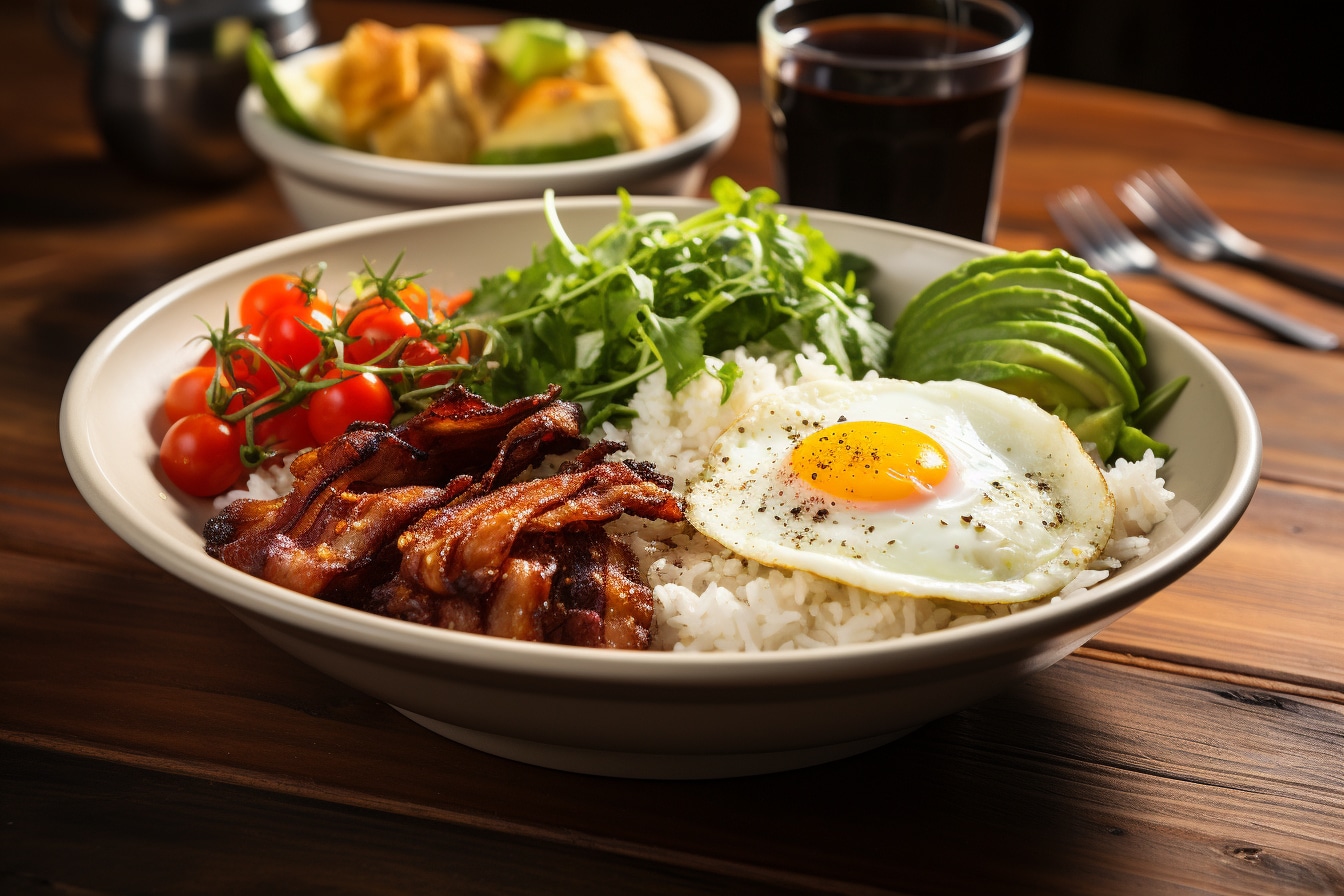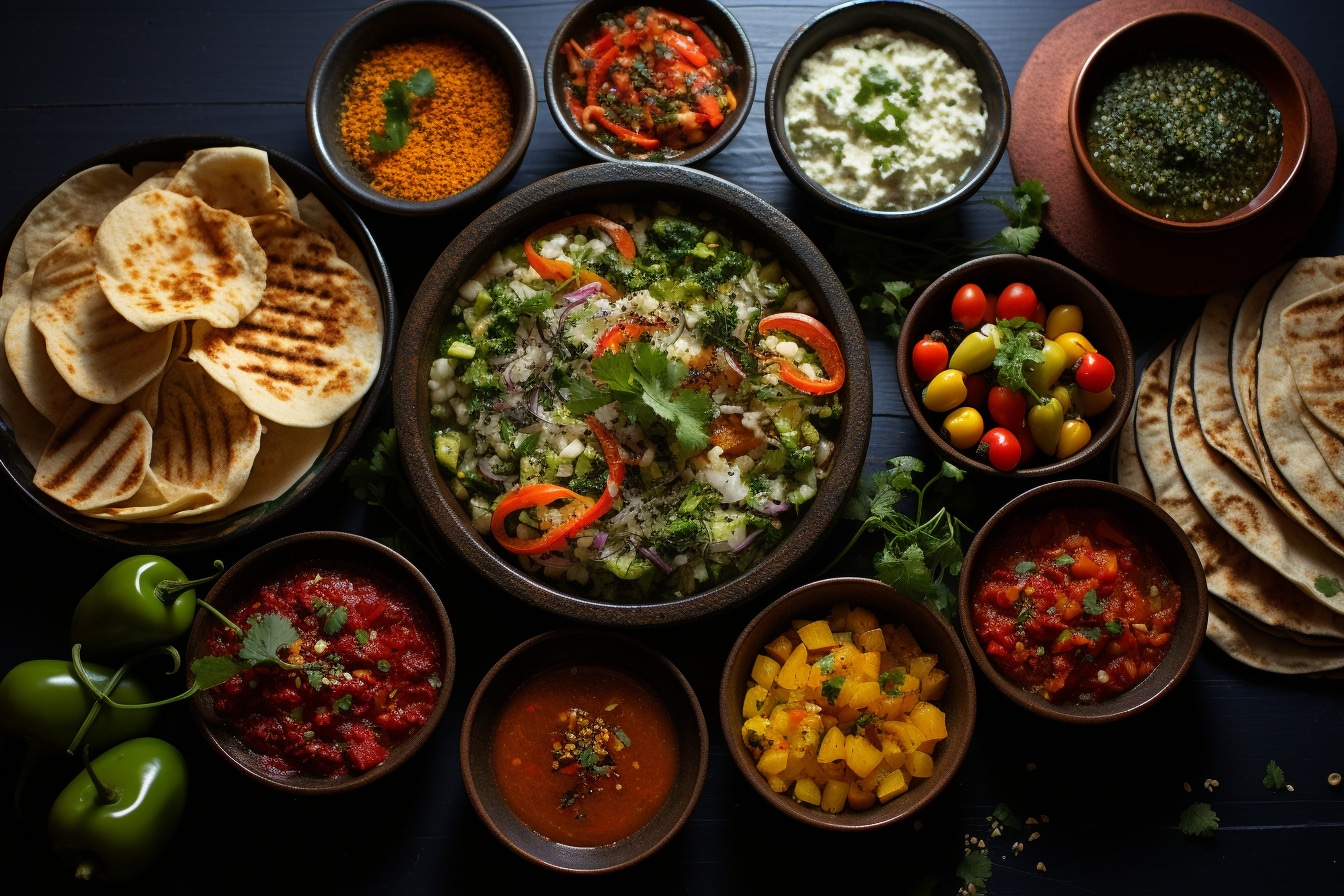Breakfast is often called “the most important meal of the day”, but if there is a country that has always taken it to heart, it is England. Traditional English breakfast is an institution, celebrated and appreciated worldwide. However, over time, he has experienced a real metamorphosis. Follow us in this culinary journey through English history at the dawn of the day.
breakfast of the Victorian era: the beginning of a tradition
If we go back to the Victorian era, the English breakfast was a real orgy of meats, fish and breads. The “Full English” , as it is affectionately called, really started at that time. But was it really healthy according to our contemporary criteria?
The basic ingredients
- bacon and sausages: essential, these grilled meats were the Star of the breakfast table.
- eggs: whether poached, scrambled or flat, it was unthinkable to start the day without them.
- Grilled bread: often accompanied by butter and marmalade, he added a soft and crunchy touch to this meal rich in protein.
- tomatoes and fungi: < /Strong> These two grilled vegetables brought a touch of freshness to the whole.
Impact of the 2nd World War: rationing and simplicity
with the food restrictions imposed During the Second World War, English breakfast had to be simplified. Bacon and sausages have become precious foodstuffs and breakfast has become a much more modest affair, centered around cereals and toasted bread.
After the war, the “Full English” is slowly Back, but never with the same intensity as in the Victorian era.
60s and 70s: American influence and the arrival of cereals
The 60s and 70s have seen the introduction of sweet cereals and dairy products in English breakfast. Influenced by American culture, the breakfast routine has become faster and convenience-oriented.
Despite this trend, on Sunday, the “Full English” was still relevant, like a kind nostalgic recall from the Victorian era.
The English breakfast of today: between tradition and modernity
Today, English breakfast is a mixture surprising of tradition and modernity. “Full English” still exists, but it is often reserved for weekends. During the week, breakfast is generally composed of porridge, smoothies or toast to the lawyer. The growing concern for health and well-being influenced this change, with increased interest in foods rich in protein and weak in saturated fat.
and if we revisited the “full English”? < /H2>
After all, there is nothing wrong with enjoying a good old “full English” from time to time. However, could we not reinvent it so that it is more in line with our contemporary lifestyle?
Reinventing the tradition
Imagine an English breakfast of the 21st century : vegetarian sausages, avocado toast, poached eggs and grilled tomatoes. A satisfied, nutritious and respectful meal of the current lifestyle while celebrating the spirit of tradition. What do you think?
The new dawn of English breakfast
English breakfast has traveled a long way, reflecting the changes in the company and the company and English culture. It has not simply evolved, it has transformed, has adapted and continues to do so. He reminds us that even in our culinary habits, change is the only constant.
and you, what is your favorite English breakfast? Would you like to add a modern ingredient to this secular tradition? Tell us everything in the comments.





